It’s hard to move the conversation among farmers away from fodder at present. August has brought respite from the drought in almost all areas, but the looming fodder deficit is the focus.
Every bale is precious. In that context, it’s not surprising that there was a strong reaction to a post on Facebook looking for a haulier to draw hay from Ireland to Norway.
The request was made by Patrick Hester, who is based in Norway. Patrick explained that the hay is primarily for his own use, and also for a couple of neighbours. The volumes involved are fairly small – two or three lorryloads in total. Patrick is originally from Ballinlough, Co Roscommon, and still maintains strong links with home – he is the facilitator for Knowledge Transfer groups for equine farmers.
Cost-effective
The fact that it is cost-effective to transport hay to Norway from Ireland shows how wide the drought has spread across northern Europe.
The Norwegian government is waiving import tariffs (Norway is not in the EU), which is helping to keep the costs of hay delivered from Ireland to around 20c/kg, well under the typical market price, and Patrick Hester says he is happy to support Irish farmers and hauliers.
Hay is being imported from the likes of France for as much as €1.20/kg for top quality hay, although the market price is more normally €0.50. That’s between €1,200/t and €500/t, or €200 to €125 for a 4x4 bale. No wonder it pays to import hay from Ireland.
How are Norwegian farmers able to pay these kinds of prices? Well, beef is making €7.50/kg at present, so they do have a bit of buying power.
Forage
In a similar vein, a story was doing the rounds in Wexford of forage leaving the area. Walter Furlong Grain was reportedly selling straw to Bord na Móna, presumably for biomass. This was not going down very well with farmers at Monday night’s fodder crisis meeting in Enniscorthy Mart.
The timing of the story could hardly be worse, with the impressive showroom for Cooney Furlong machinery almost ready for unveiling only 100 yards away from the meeting venue.
The only thing is, the story is without foundation. I understand all Walter Furlong’s straw is being sold to local farmers.




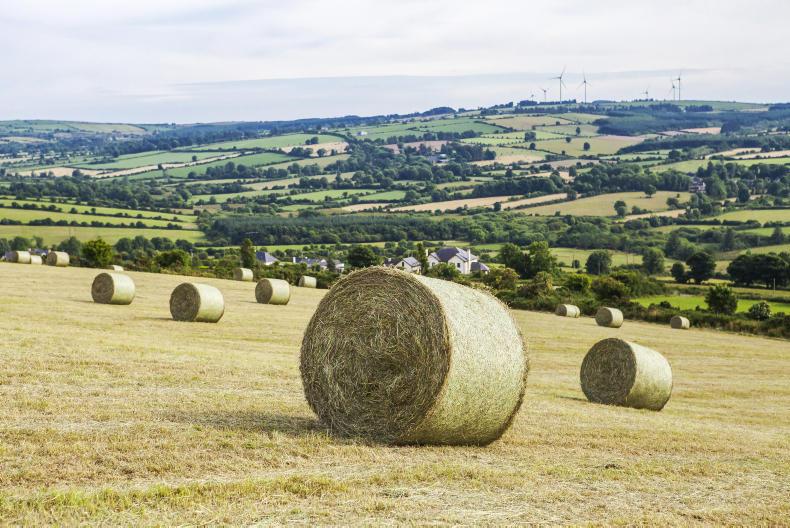
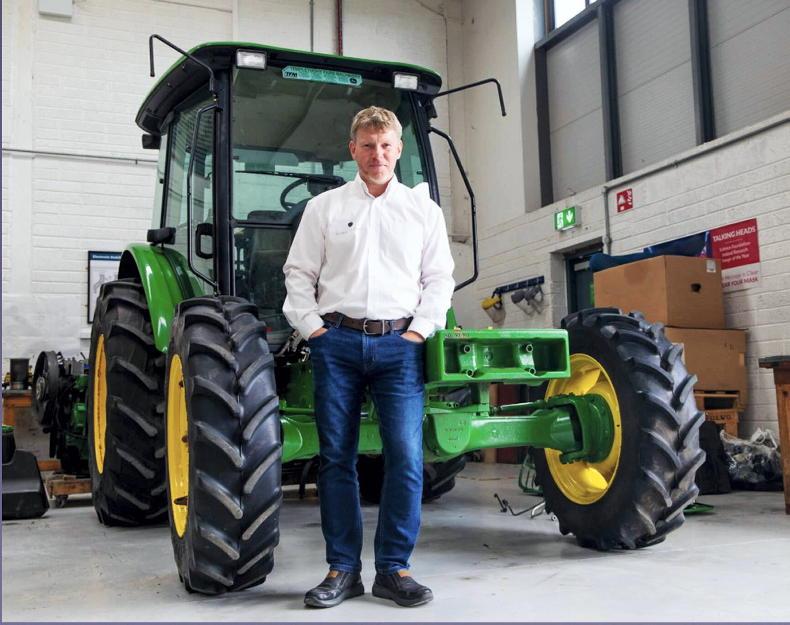

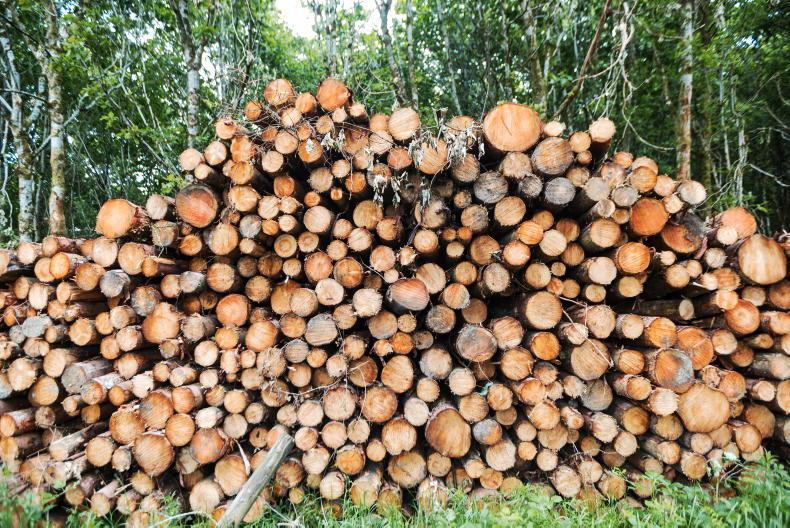
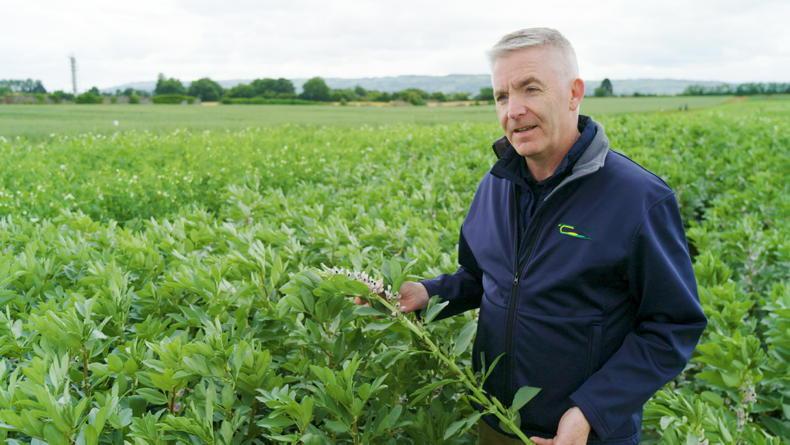
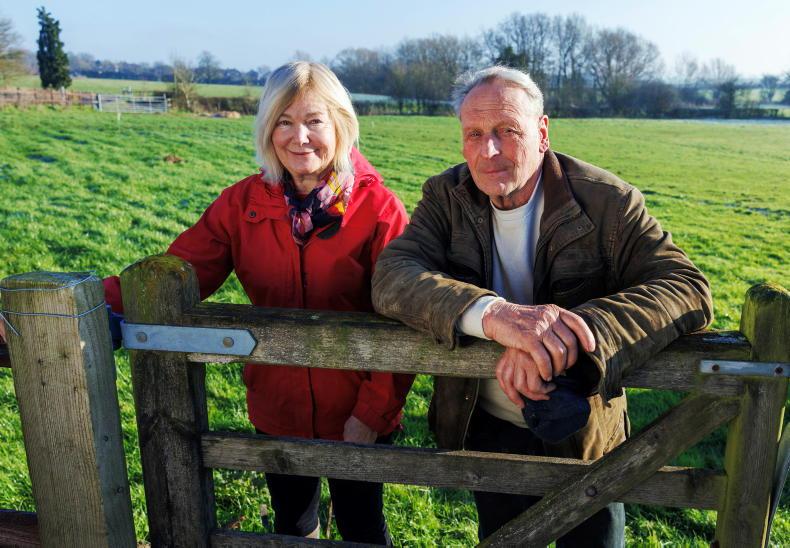
SHARING OPTIONS